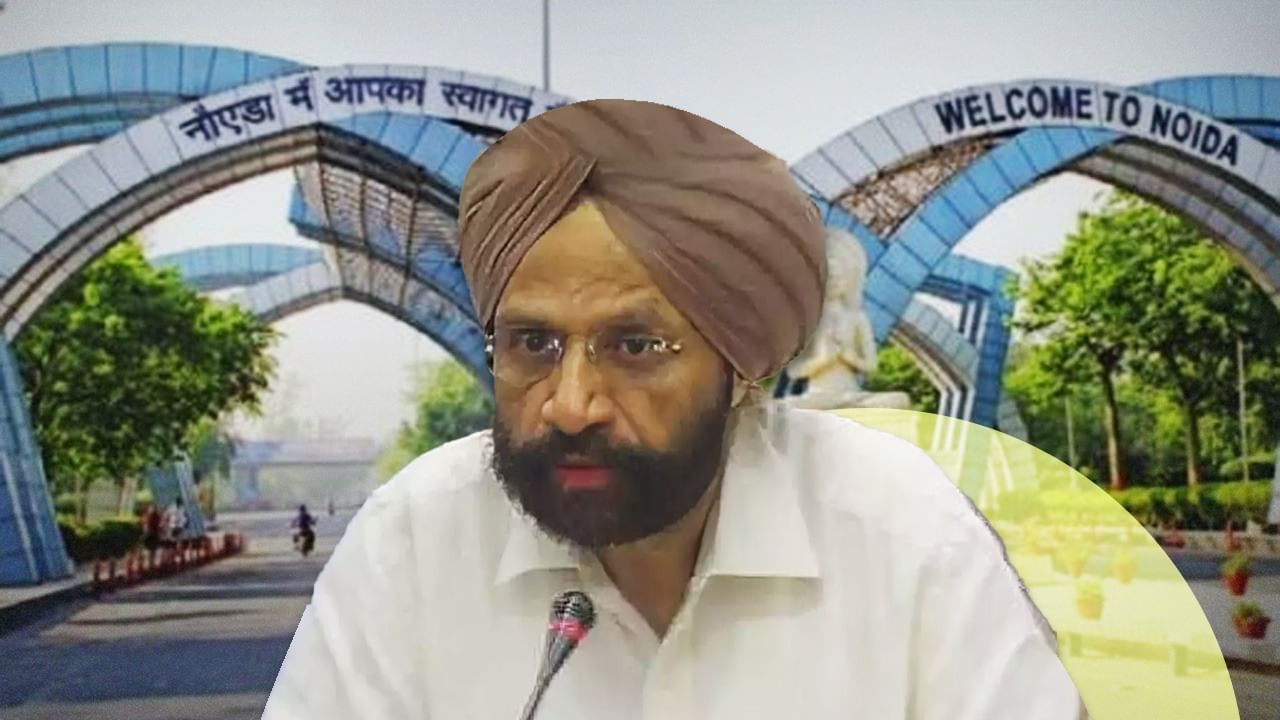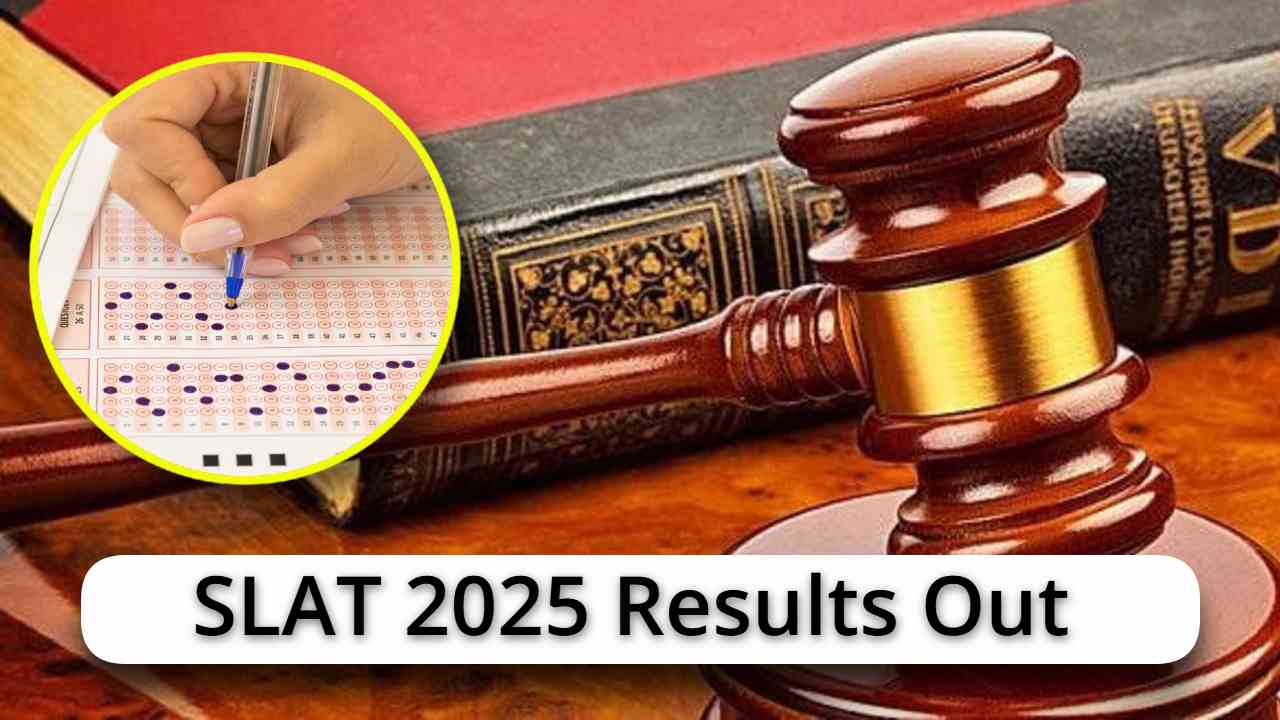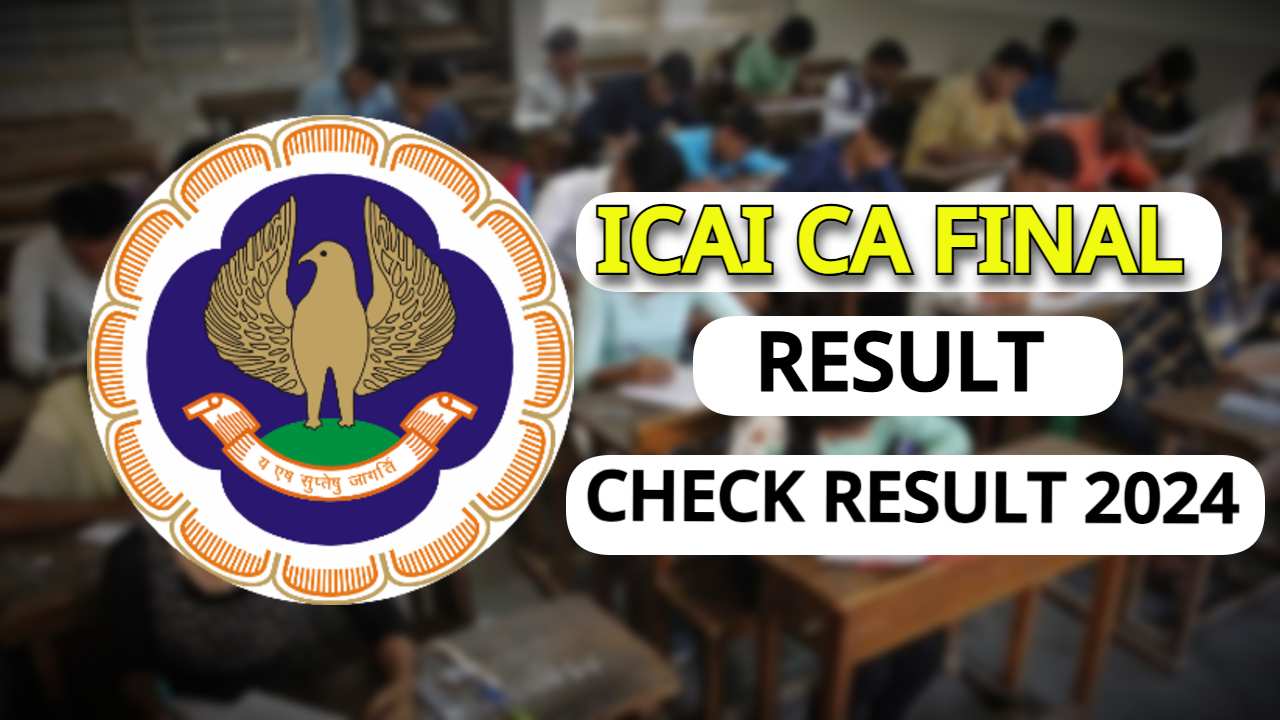The recent developments surrounding former IAS officer Mohinder Singh have raised eyebrows in the political and administrative circles of India. The Enforcement Directorate (ED) has recovered diamonds valued at an astonishing Rs 12 crore from his residence in Chandigarh, along with cash and gold worth several crores, as part of a major investigation into the Noida Authority land scam.
Who is Mohinder Singh?
Mohinder Singh, a retired IAS officer from the 1978 batch, embarked on his bureaucratic journey after successfully clearing the UPSC Civil Services Examination in 1977. His tenure was marked by significant influence and authority, especially during the Mayawati administration, where he held the position of CEO of the Noida Authority and was regarded as one of the most powerful bureaucrats in Uttar Pradesh. Singh retired from service on July 31, 2012, after a long and impactful career in public service.
Involvement in Land Scam
Singh is currently embroiled in allegations related to a staggering Rs 9,000 crore land scam that transpired during the tenure of the Mayawati government. The crux of the allegations suggests that Singh, alongside other officials, misused his authority for personal gain by facilitating questionable land allotments.
ED Investigations and Findings
The Enforcement Directorate’s recent raids at Mohinder Singh’s properties have unveiled a treasure trove of illicit assets. Besides the luxurious diamonds seized, the ED’s thorough investigations revealed cash worth several lakhs and gold valued at approximately Rs 7 crore. This crackdown is part of a wider probe into various corruption cases tied to the Noida Authority, reflective of a murky chapter in Uttar Pradesh’s bureaucratic history.
Supertech Twin Towers Case
In addition to the ongoing investigations into the land allotment scandal, Mohinder Singh has also faced scrutiny for his role in the notorious Supertech Twin Towers case. Along with multiple officials, he has been accused of colluding with major real estate firms, including Amrapali and Supertech, to facilitate unlawful practices that led to large-scale fraud between 2005 and 2018. The Comptroller and Auditor General (CAG) of India has provided evidence highlighting this collusion, further compounding the legal troubles surrounding Singh.
The Broader Implications
The allegations against Mohinder Singh not only emphasize the corruption prevalent in government bodies but also bring forth the critical need for stringent oversight and accountability mechanisms within the bureaucracy. As the investigations unfold, they promise to reveal deeper insights into corruption patterns that have plagued various administrative frameworks across India.
Conclusion
The story of former IAS officer Mohinder Singh serves as a stark reminder of the duality within bureaucratic roles, where influence can often blur the lines of ethical governance. As authorities continue their investigations, the outcome could have far-reaching implications for corruption investigations in India, urging a call for reform and vigilance in public service.












